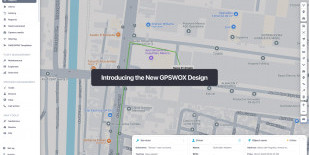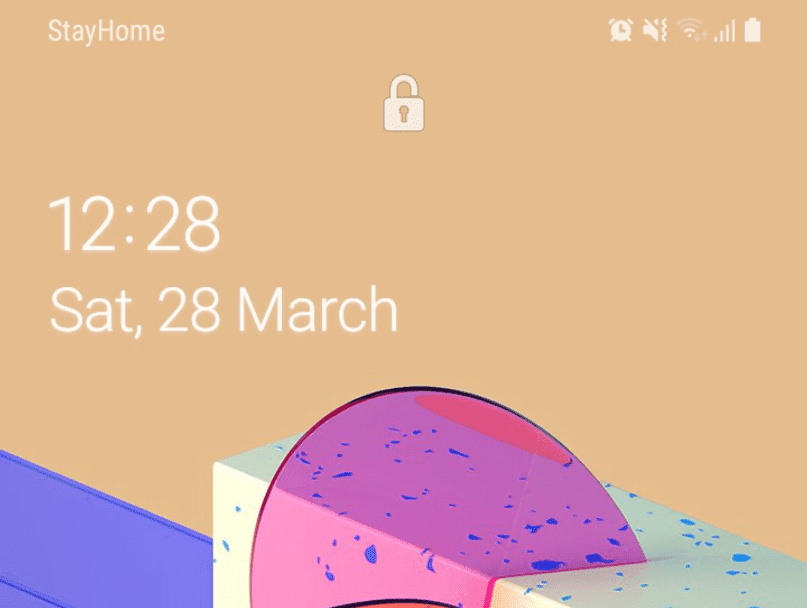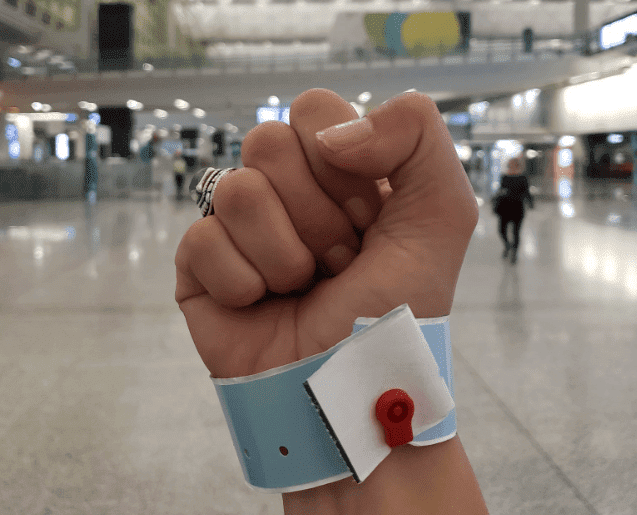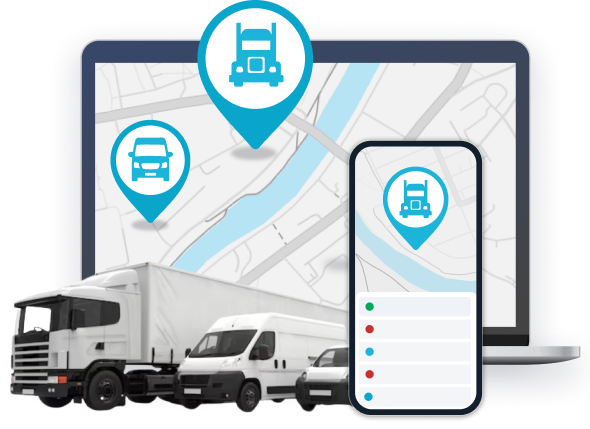
GPS Tracking Technology and Cell Phone Apps Help Stop the Spread of Coronavirus
The very first cases of the novel coronavirus initially surfaced in Wuhan, China late last year. On December 31st, 2019, Chinese health authorities had confirmed they had begun treating several dozen victims who were inflicted with the virus.
At the time, there was no immediate evidence that would indicate the virus can easily spread between humans. Meanwhile, health officials in China stated that they were closely monitoring the outbreak in hopes to prevent it from becoming any more severe.
On January 11th, China officially reported the first death that came as a result of health complications the victim had suffered from the virus. The 61-year-old man that had passed away was a regular customer who had frequently shopped at the Wuhan food markets.
Fast Forward to March and the coronavirus has now spread throughout most of the developed world; from the United States, to Europe, Asia, and the Middle East. As of March 28th, there are now close to half a million total cases and over 25,000 deaths that came as a direct result of the devastating virus.
All is not lost however, as governments, companies, and startups alike are working on innovative and groundbreaking GPS technology that will help assist them in slowing, and hopefully stopping the spread of coronavirus for good.
Cell Phone GPS Tracking
In March, Benjamin Netanyahu gave Shin Bet, Israel’s internal security agency full authorization to use cell phone GPS location data to help fight against the coronavirus. For the next 30 days, Shin Bet will use the telemetry data of smartphone users to help identify those who test positive for the virus, and those who may have come in contact with those that tested positive.
The image above is an example of an Israeli citizens smartphone home screen. You can see that in the upper left hand corner, Shin Bet has changed that carrier’s name with a statement urging the user to stay home in order to comply with the state mandated quarantine.

Netanyahu issued a statement saying that “we must preserve the balance between individual rights and general needs, and we are doing so”. This is important given that Shin Bet has very intimate access to a person’s smartphone data, and while thwarting the spread of coronavirus in Israel is important, so is maintaining democracy and the civil rights of its citizens.
For 30 days, Israeli citizens will have to sacrifice their personal privacy in exchange for lowering their percentage of being infected with the virus. This is a price that most Israelis are willing to pay in exchange for preserving the societal well being of the nation and its citizens.
GPS Tracking Wristband
In order to make sure that citizens and travelers in Hong Kong are in compliance with the newly instated quarantine laws, Hong Kong has mandated that everyone wear a GPS tracking wristband.
While this may look like something out of Goerge Orwell’s 1984 novel where big brother monitors the citizen’s every move, this is being done with good intentions in mind.
Here is an example of a tourist who just arrived at the Hong Kong International Airport being issued a GPS tracking device that they are obligated to wear for the next 14 days as part of self quarantine measures that Hong Kong is using to help them stop the coronavirus in its tracks.

The GPS tracking wristband uses proprietary geofencing technology that gives health officials in Hong Kong up-to-the-minute telemetry data of the user’s whereabouts. If the user leaves the confines of their home for example, a sensor will trigger and send this data to government officials.
Mobile Tracking App
One of the biggest reasons that Asian countries are able to contain the spread of coronavirus (much better, it seems, than Western nations) is through the quick deployment and usage of phone tracking apps, such as GPSWOX mobile tracker app
These tracking apps use the phone’s GPS location data so that they can quickly identify all the places an infected person has been to. It also helps them identify other people that may have gotten infected, so that they can be quickly informed.
In fact, in Singapore it takes officials just two hours to track down everywhere an infected person has been, everyone they’ve interacted with, and other important details. This has helped them to stop the quick spread of coronavirus, relieving pressure on their healthcare systems and shortening nation-wide lockdowns.
Final Recap
Governments and startups alike are helping thwart the spread of the coronavirus with novel and innovative GPS tracking technology, apps, and robots.
Even GPS fleet tracking companies like GPSWOX are working on brilliant solutions, that are country agnostic to help stop the spread of the coronavirus pandemic in all regions of the world. This includes ways that employers can help track quarantined workers and governments to quickly identify and isolate potentially infected people.
While many citizens will have to temporarily forfeit some of their rights when it comes to government surveillance, in reality this is a small price to pay in exchange for health, safety, and security.












